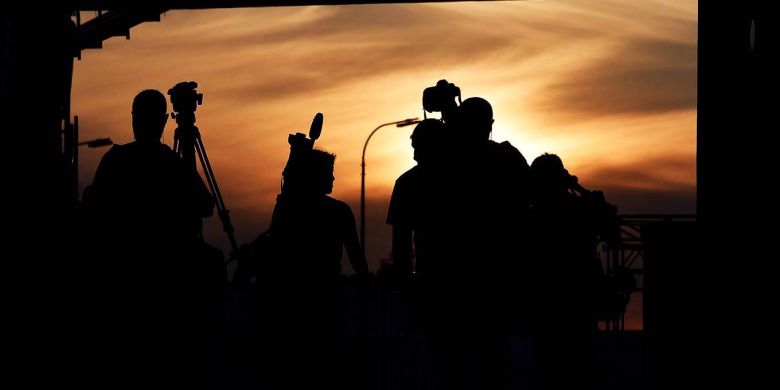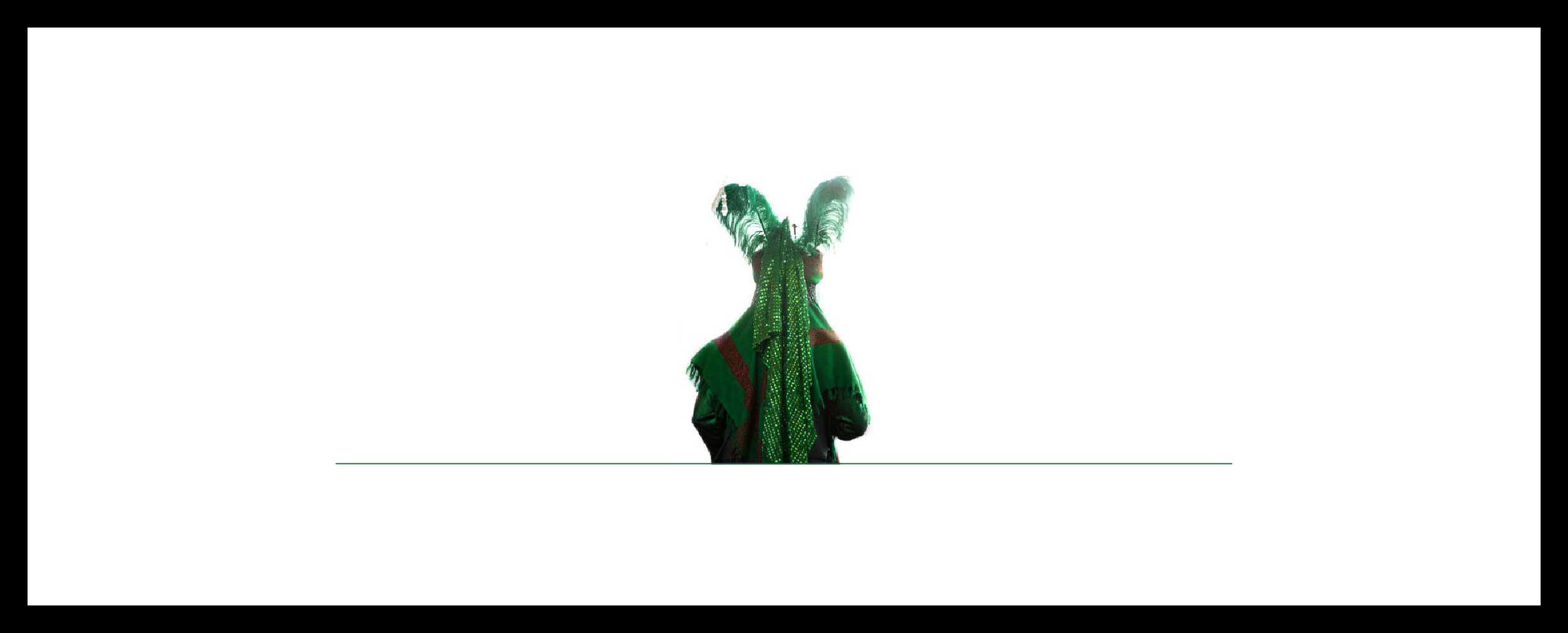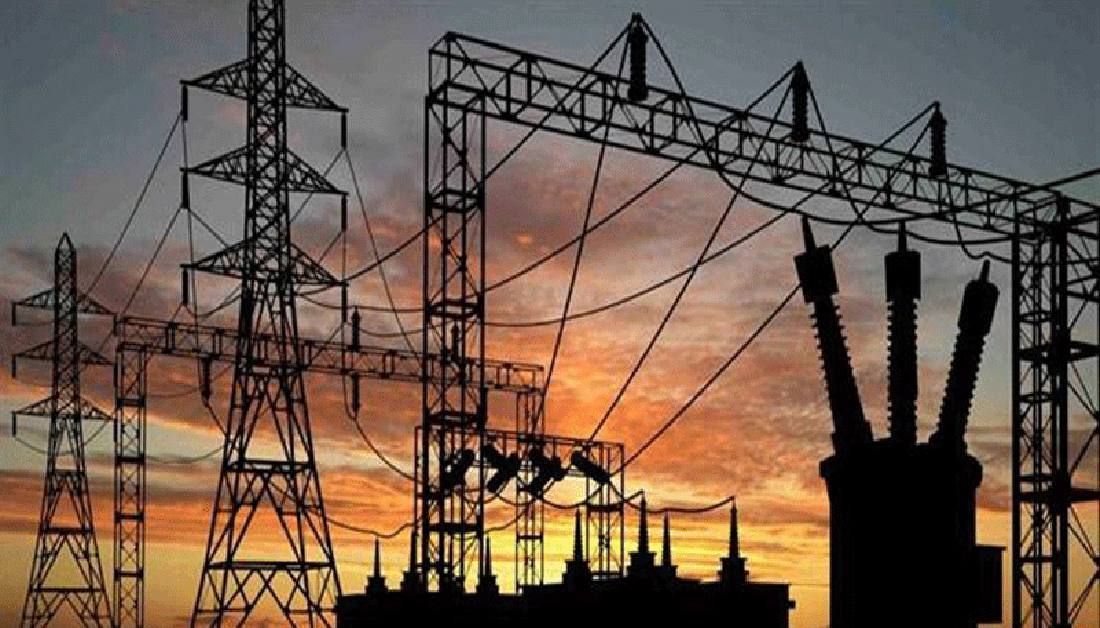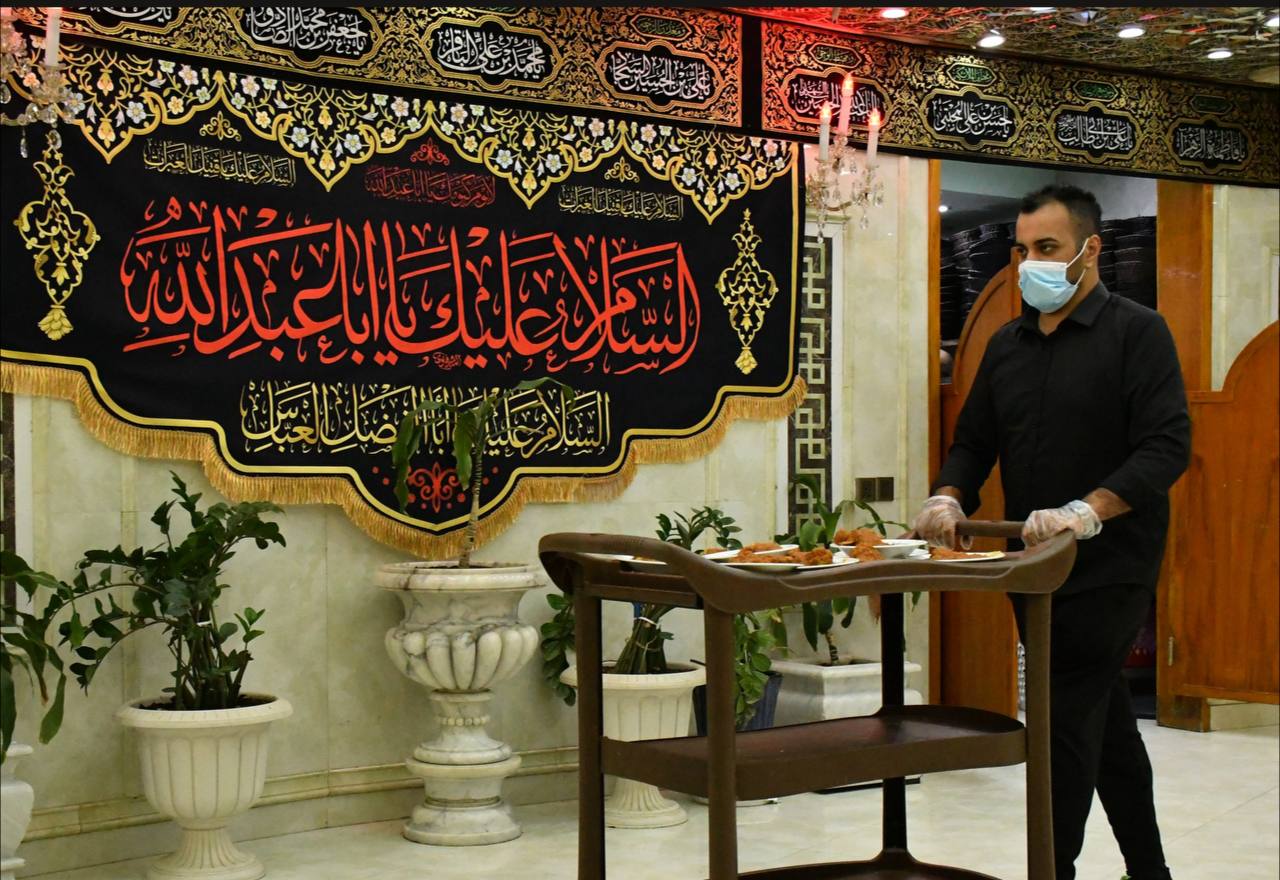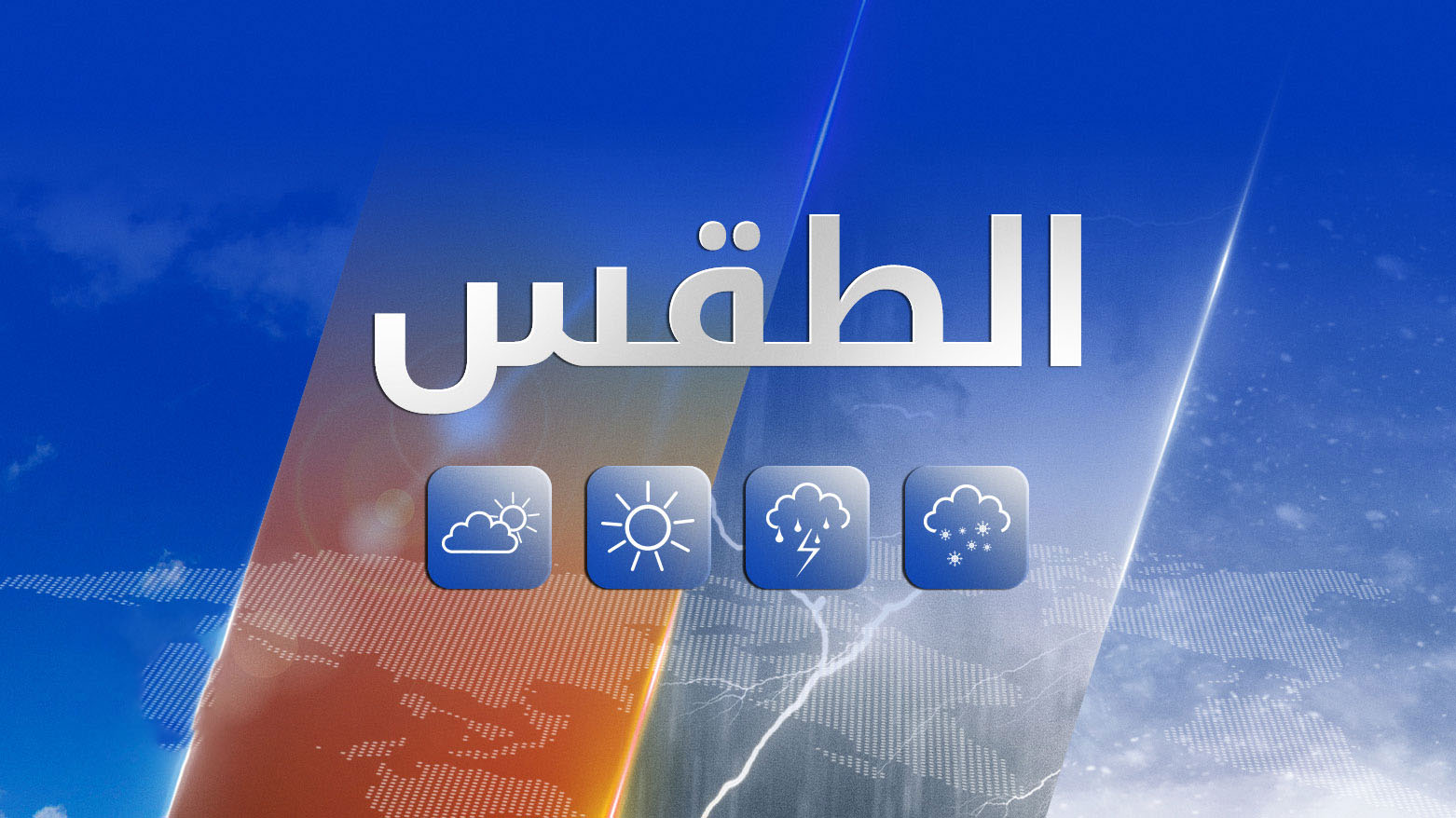Project Syndicate: Why End the Global Media Crisis?
Mark M. Nelson
Despite its scope and complexity, the crisis in the news media is far from intractable. Addressing it will require the world's wealthy democracies to use foreign and security policy and international development assistance to encourage the growth of professional, independent media, says non-profit organization Project Syndicate.
News media around the world is in crisis and unfortunately, the world’s democratic governments are doing too little to protect it.
Media outlets worldwide are struggling to adapt their business models to the digital age, with local newspapers, in particular, collapsing en masse, owing partly to the loss of advertising revenues. Without trusted local publications, readers become more susceptible to false narratives and sensationalist clickbait. As high-quality journalism is marginalized, political leaders around the world are able to dismiss unflattering coverage as “fake news,” and the lack of a shared set of facts erodes trust in democracy and the rule of law.
The feeble response to this crisis by the world’s democracies reflects more a lack of political will than a lack of solutions. In fact, despite its scope and complexity, the crisis in the news media is far from intractable. And because it is fueling growing threats to democracy worldwide, it represents a major strategic challenge that deserves urgent attention and action.
One powerful lever for addressing it is foreign and security policy. Democratic governments should recognize attacks on press freedom and use measures such as diplomatic isolation, denial of visas, and direct sanctions to pressure perpetrators to meet their obligations under international law to uphold freedom of expression.
Momentum for such action may already be building. Last July, Canada and the United Kingdom launched a media freedom initiative, which calls on countries to sign a pledge to take cooperative action when media freedom is at risk and to champion the cause around the world. The following month, France included the issue on the agenda of the G7 meeting in Biarritz. One hopes that this heralds genuine progress.
A second lever for addressing the problem is official development assistance (ODA). In 2018, less than 0.5% of the $150 billion that the world’s richest countries spent on ODA went to addressing media freedom. That share could be increased meaningfully – say, to 1%, as a group of media-support organizations has advocated – without cutting significantly into spending in other areas.
In fact, raising ODA for media assistance could help to advance other development goals. A media industry that is captured by vested interests impedes economic reform, precludes political compromise, and undermines social cohesion – all essential to sustainable, inclusive development. For countries struggling to build or maintain a democratic system of governance, a robust free press is indispensable.
Professional media-development organizations also have a role to play – for example, in helping local outlets to strengthen newsroom management and ensure high journalistic standards. Fortunately, many highly competent organizations, operating at the national and international levels, stand ready to contribute.
Project Syndicate is an international media organization that publishes and syndicates commentary and analysis on a variety of important global topics.
